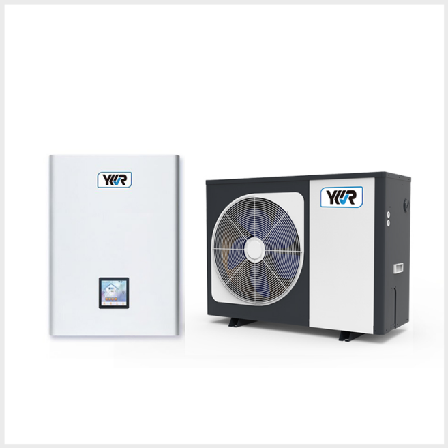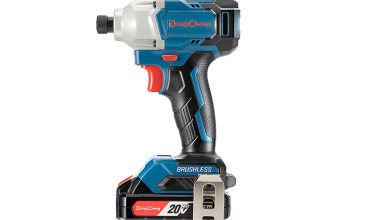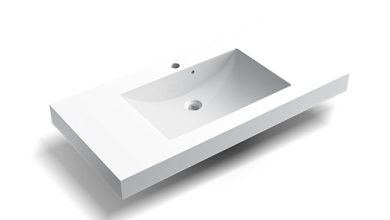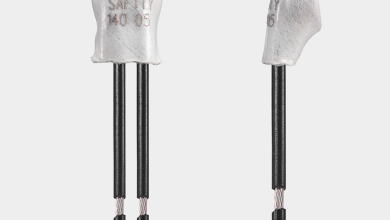How The Best Air Source Heat Pump Works

The question of how the best air source heat pump or boiler works can be important to ask when you are in the market for this type of heating system. This article investigates how these systems work and provides tips on what to look for when deciding on your unit.
How the Best Air Source Heat Pump Works
The air energy heat pump works according to the “reverse Carnot” principle, the reverse Carnot cycle principle. The compressor system absorbs heat in the air to produce hot water. The specific process is as follows: the compressor compresses the refrigerant, the refrigerant whose temperature increases after compression passes through the condenser in the water tank to produce hot water, and the refrigerant, after heat exchange, returns to the compressor for the next cycle. The evaporator is absorbed and introduced into the refrigerant, and the refrigerant is introduced into the water to generate hot water. A new generation of water heaters is heated by compressor air, namely air source heat pump water heaters. To put it figuratively, the “outdoor unit” compresses the air like a pump to increase the air temperature. It then conducts heat to the indoor water storage tank through a liquid that will boil at -17°C, then releases the heat and conducts it into the water.
Buying the Best Air Source Heat Pump
A central air source heat pump is a very efficient way to keep your home warm in the winter and cool in the summer. You can save money on your utility bills while also enjoying cooler temperatures. Here are some things to consider when buying an air source heat pump: How well does it perform in specific weather conditions? What is the price? What warranty does the manufacturer offer? How large is the unit?
How to Find the Right Size for Your Home
Considering installing an air source heat pump, getting the sizing right for your home is important. A size that’s too big won’t produce as much energy, and a size that’s too small may not be able to keep up with your needs.
Different brands of air source heat pumps come in different sizes, but you can use these tips to figure out what size is best for your home:
- Calculate your square footage.
- Use this information to find the size rating for your specific climate zone on the company website or product packaging.
- Compare this size rating with the square footage of your home. If your house is larger than the indicated rating, you can buy a larger unit; if it is smaller, you can buy a smaller unit.
- Take into account any extra features or equipment you might want (such as a backup evaporator), and choose an appropriate size unit from those available in your chosen brand or model range.




